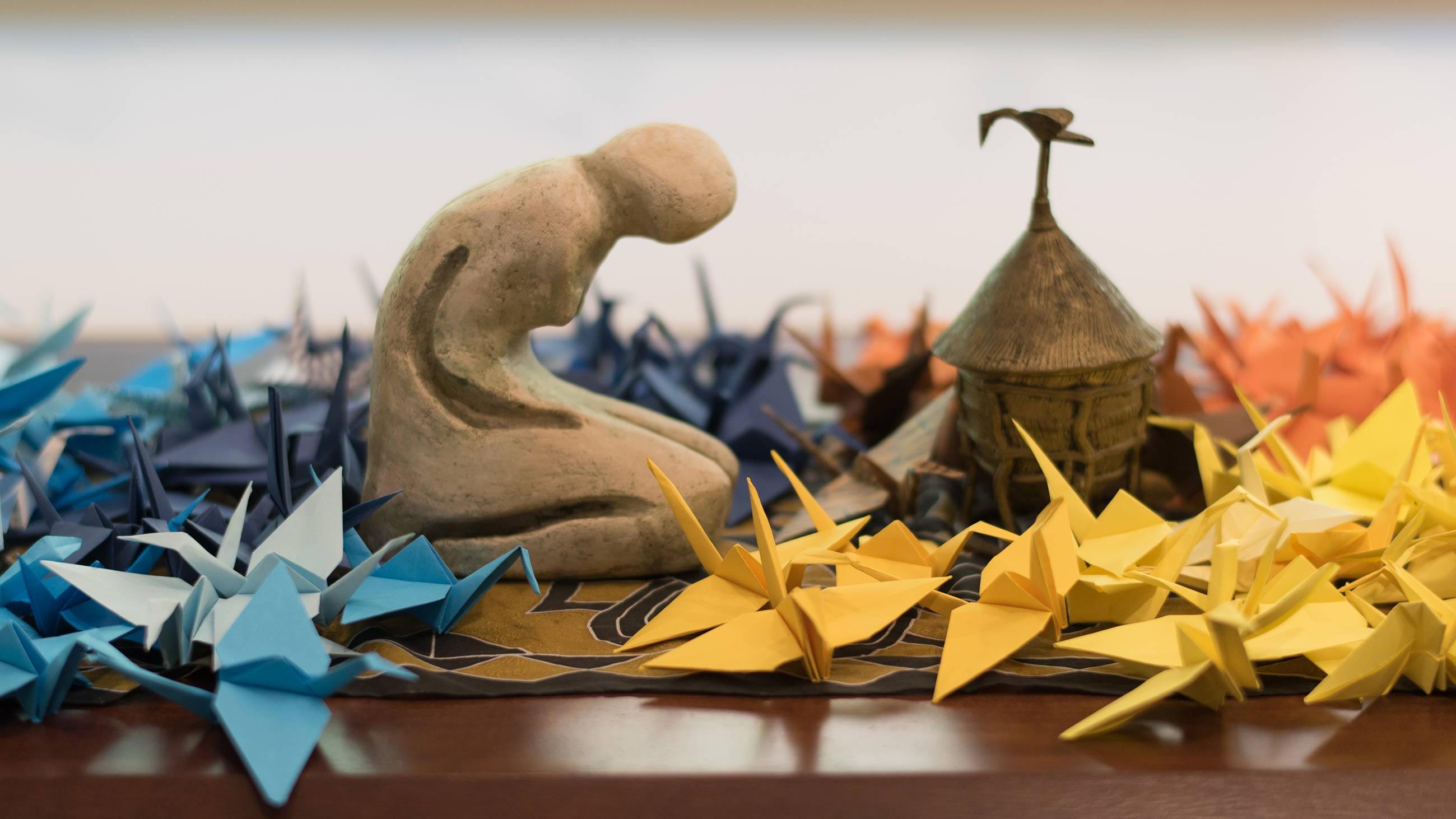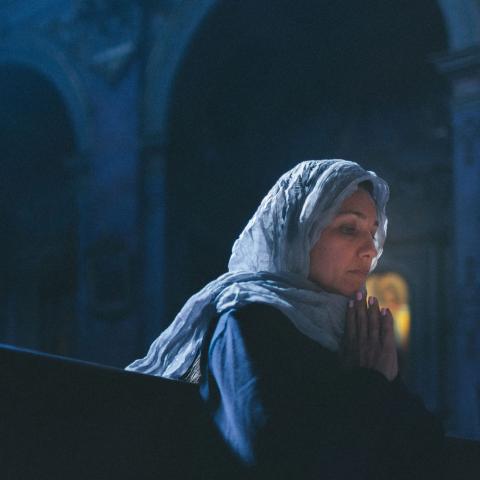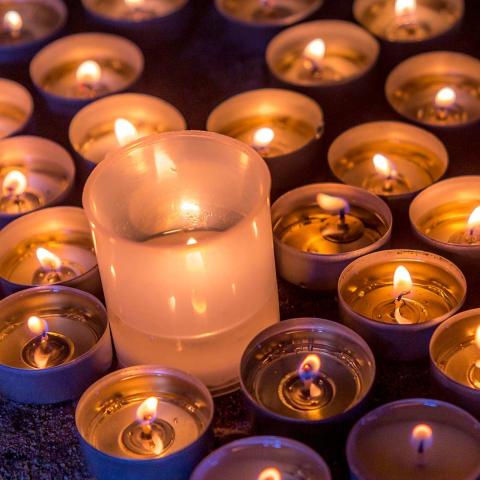Overview

This study sought to better understand spirituality in the U.S. today by asking people about how they understand and experience spirituality for themselves, and how their spirituality relates to the way they engage with others and their community. This effort included people inside and outside religious institutions, those who consider themselves spiritual, and those who do not.
Using interviews, focus group conversations, and a survey of a cross-section of the U.S., we learned:
Spirituality is a complex, diverse, and nuanced phenomenon that people of all spiritual and religious self-identifications experience.
The more a person identifies as spiritual, the more likely they are to take civic and political action.
A Shared Human Experience
Most people consider themselves spiritual to some extent, and say that spirituality is important in their lives. For many, spirituality also represents the type of person they want to be: People are becoming more spiritual over their own lives, see being spiritual as an aspiration to strive for, and describe spiritual people in positive terms.
Depth and Nuance
Spiritual identity—that is, calling oneself spiritual—is only one of many measures of what it means to live a spiritual life. People identify a wide range of experiences and activities as spiritual, and they are regularly engaging in them or seeking them out both within and outside religious institutions.
Animating Action
Spirituality is connected with an engaged civic life: People who identify as highly spiritual are more likely to say it is important to make a difference in their communities and contribute to greater good in the world. They are also more likely to be politically engaged.
The study surfaced two bridges that connect spirituality and prosocial action: a strong sense of connection to all of humanity and a sense of accountability to a higher power.
A New Conversation
People vary in how much they connected their own spirituality and the way they engage in the world. In focus group conversations about this relationship, participants who identified as having a spiritually driven outer life often opened others' eyes to a connection between their own spirituality and the actions they take.


